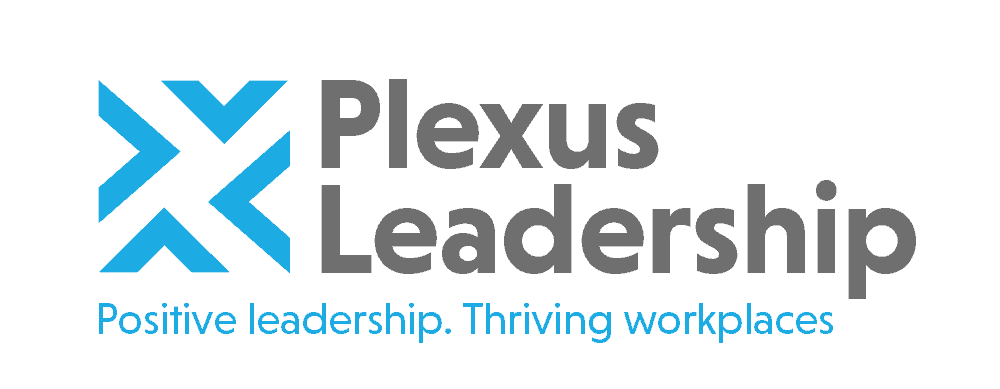In ‘CSR: It’s time for tech leaders to step up! Part one’, we considered why tech leaders should step up their CSR and invest in making a positive difference by addressing one or more of the formidable challenges that threaten our planet, including tackling carbon emissions, the alarming growth of plastics and non-biodegradable pollutants and global poverty. By working closely together, global tech leaders are in a unique position to make a significant difference, as they play a highly influential (even dominant) role in shaping our future economy and society. Tech organizations also have the talent, creativity and entrepreneurial drive to tackle these challenges.
But how can we ensure these social responsibility considerations are meaningfully integrated into business strategy and leadership development, rather than becoming low-priority CSR ‘bolt ons’, occasional charity fundraising or mere ‘lip-service’?
We can educate leaders about how social impact makes good business sense
Many leaders don’t fully recognize the proven financial value of social impact initiatives, as well as the greater shareholder returns it can bring over the longer term. They hold the flawed, but all too common, assumption that an investment in improving society means a reduction in profitability and in the short-term this is often true. However, research suggests that organizations that are socially responsible outperform and outlast those that don’t. Check out this excellent Ted Talks by Audrey Choi for more on this. Several tech companies like Salesforce, Google, Microsoft, Walt Disney and Intel already invest significantly in addressing social challenges so, why not explore these better practice case studies for inspiration and ideas?
We can integrate social impact projects into leadership development programs
Action learning projects are becoming increasingly popular in leadership development programs, as they help embed theory and techniques learned in the classroom or in online workshops, ensuring learning is engaging, pragmatic and contextually relevant. So why not include team-based projects that make a positive difference to society in your action learning programs? For example, challenge teams involved in a leadership development program to work with community leaders to improve the lives of your local community or get them to come up with recommendations to help make the organization greener or reduce the amount of plastics used and discarded by the company. The possibilities are endless and the benefits of this type of action learning are enormous, as projects of this nature challenge leaders to think in creative, analytical and strategic ways, as well as developing their skills in interacting with stakeholders and communities outside the company.
We can hire and promote leaders with moral character who value sustainable growth
The success of any business is largely dependent on the quality and good character of its leaders, both the current ones and well as their successors. If all your leaders and managers are focused on short-term financial gain, your business might be profitable for a few years, but is unlikely to grow and thrive longer-term. However, if you have leaders who understand the benefits of investing for the future and are prepared to act courageously on their beliefs to make a positive difference, your business is likely to grow and prosper for many decades to come. Therefore, we recommend assessing the views of candidates about how they have managed this short versus long-term dilemma in previous roles and what their longer-term plans and ideas are to build a socially responsible company if they succeed in securing a senior leadership role.
Other Posts

About the Author
James Brook
Founder and MD | Leadership Consultant | Organizational Psychologist
James is a leadership consultant, organizational psychologist and executive coach. He has over 25 years’ experience working with leaders, teams and organizations globally to optimize their performance, talent and future success. He specializes in positive leadership, thriving workplaces, collaboration and influencing, organizational change and transformation, accelerating innovation and coaching executives and leaders in innovative sectors including Tech, Digital, E-commerce and Life Sciences.
Before setting up Plexus Leadership, James held leadership roles in HR and Talent Management in the UK and abroad with companies such as NatWest, Yahoo! and Novo Nordisk Pharmaceuticals. After this, he founded and led several talent and leadership consulting and assessment businesses, including Strengthscope®, an online strengths assessment and development business serving a wide range of UK and global clients. James grew this venture into a global market leader before selling the business in 2018.
James has supported, advised and coached leaders and teams globally across diverse industries and geographies. Clients he has worked with include Allen & Overy, Commvault, Equinor, Facebook, GSK, Hilton, John Lewis, Novartis Pharmaceuticals, NHS, Oracle, Sainsbury’s, Swiss Re, Tesco, Takeda Pharmaceuticals, WSP and Yahoo!.
James has a Master’s in Organizational Psychology, an MBA, an Advanced Diploma in Executive Coaching and a Harvard Business qualification in Sustainable Business Strategy. He is a member of the Institute of Directors, the Association of Business Psychologists and a Fellow of the Chartered Institute of Personnel and Development (FCIPD). He is currently undertaking a PhD in Organizational Psychology examining the start-up experiences of Tech and Digital entrepreneurs.
James is a regular contributor and speaker on leadership, coaching, innovative talent management and the future of work. His most recent book, Optimize Your Strengths, explores how leaders can create thriving workplaces by inspiring and supporting people to optimize their potential and teamwork to deliver breakthrough results.





